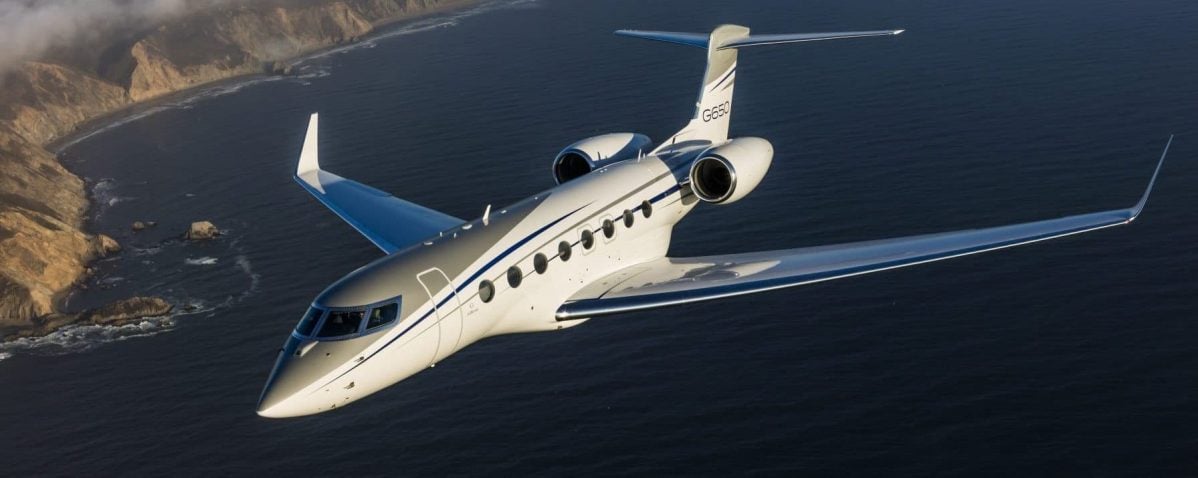
Aircraft management: The challenges of self-management
I recently had the pleasure of presenting in Ho Chi Minh City. We were asked to give a general introduction to delegates about business aviation and whilst fitting this into a 15-minute session was challenging, it provided some thought-provoking discussion in the preparation.
With the company having over thirty years’ experience in aircraft management across the globe, I wanted to explore the topic of self-management. The self-management of aircraft is nothing new, and indeed it can make sense. With aircraft flying typically 350/400 hours the theory is that there is ample time for the flight crew to look after the administration of the aircraft. After all the use of a professional aircraft management company is just another cost – isn’t it?
As you may expect we have an opposing view. While the savings may on paper look attractive, I wanted to highlight the counter argument specifically focusing on five challenges. In case you weren’t able to attend, I’ve written up the below, and hope you find it informative and useful, no matter which side of the debate you are on.
The five challenges of self-management.
1. Single point of failure
The day will come where someone is sick, on holiday, or simply not available. Whilst mobile communication means people are on call 24/7, this situation is not sustainable in the long run. Moving on from temporary absence, what happens when your flight department manager of 10 years moves on to something new? How do you replace that intrinsic and detailed knowledge of your operation?
2. Single point of knowledge
Be it Donald Rumsfeld or the Johari window, one thing is sure; sometimes we don’t know what we don’t know. Having a single source of knowledge if often an unenviable situation to be in, and most people would agree that having experience from a second or third person (or perhaps even the combined experience of many people) is better in most cases.
A recent example highlighted a flight crew wanting a multi-million-dollar cockpit upgrade that was both unwarranted and unnecessary- yet the Principal was made to believe it was a safety requirement.
3. Using the right tool for the right job
In simple terms, you don’t use engineers to fly the aircraft, so why would you use pilots to maintain the aircraft? Aviation has made such impressive strides in safety over the last few decades, partly due to the focus on the clear delineation of tasks between independent functions e.g. CAMO versus MRO. Many self-managed operations rely on one person to oversee all aviation related activities, when in fact it is critically important to have as many conflicts of interest removed. When it comes to safety of an aircraft, it is crucial that the responsibility of airworthiness is in no way conflicted with the commercial operation of the aircraft.
4. Use of intermediaries
It seems there is always someone willing to offer advice on the advice a client receives. A good management company has enough experience of all aspects of owning and operating an aircraft that they can clearly advise a client when additional expertise is required. A recent trend seems to show that several companies offer their services to oversee an aircraft delivery, or even oversee the operation of the management company. This is completely unnecessary. A transparent management company gives you peace of mind and evidence that what you are being told is the actual state of affairs.
5. Cost management
Not limited only to aviation, economies of scale are apparent in many industries. Global management companies with large fleets procure substantial discounts on behalf of all their clients. Savings achieved when purchasing tens of millions of litres of fuel per year versus a few thousand are very significant, as is the same case with insuring billions of dollars’ worth of assets, or training hundreds of pilots.
Now, I must stress that there are many high quality self-managed operations around the world. The purpose of this piece was not to suggest otherwise but simply highlight what I consider to be some of the challengers that owners and owner representative should seek further advice on before committing. Like many things in life you can save a bit up front but often are left to endure the consequences much later.
David Wearmouth is Head of Commercial Asia and regularly speaks on a variety of topics from Aircraft Management and Charter to MRO procurement. David is based in Hong Kong.
Also see:

